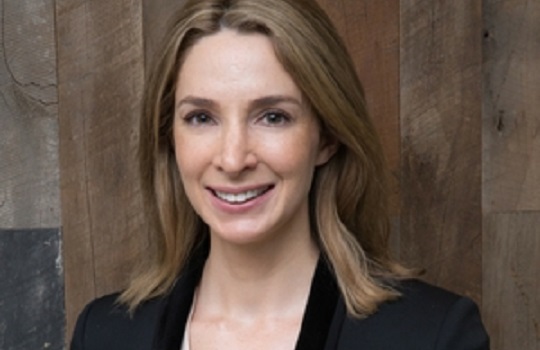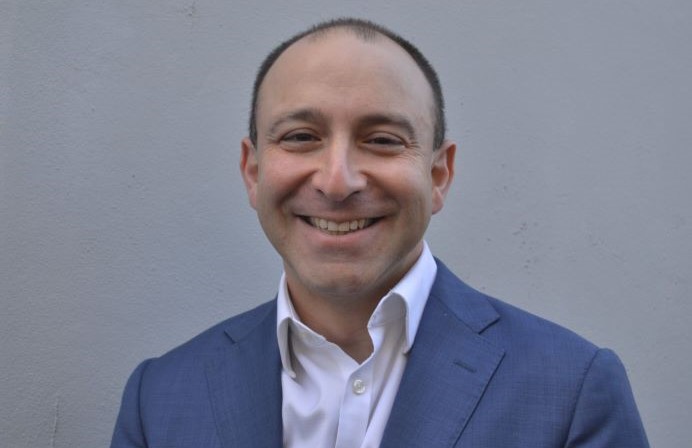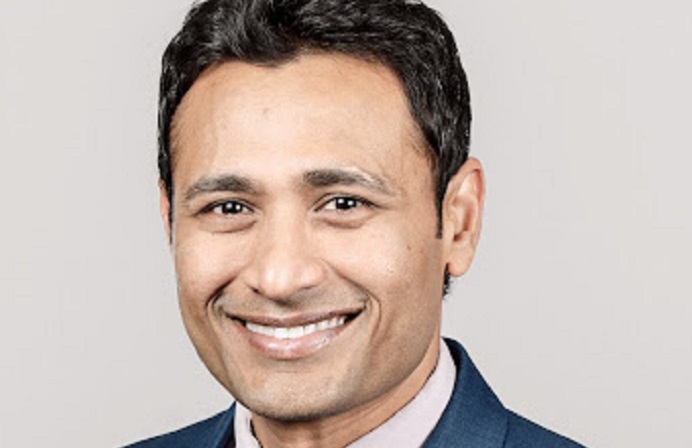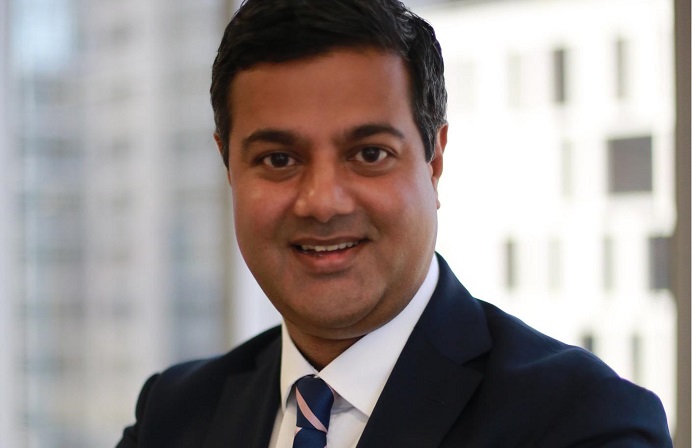
“Data is unquestionably a core asset and capability for insurers. That said, data investments do need to start with a solid understanding of the jobs to be done – how can we create more customer value and, in so doing, create competitive value?”
FST Media: TAL has long been recognised for its ambitious, human-centred innovation program.
Tell us about your digital priorities for 2019. How are TAL’s digital capabilities evolving in line with Australia’s changing insurance landscape?
Macgregor: We have a straightforward ambition at TAL: for all of our customers to understand and value the protection they have and feel confident we will be there when they need us most. Digital is a big part of that picture – from great front-end digital experiences to help research your options and choose the right cover for you, through to digitising operational processes to remove effort for our employees and customers, drive quality, and speed things up.
TAL’s heritage is as a partnership business, and we are a partner to many of Australia’s well-known super funds, health, and general insurance brands. Our partners are without question becoming more digitally demanding, particularly around APIs and data to enable them to create engaging experiences for their own customers. Our Claims Assist app is a good example of that, enabling super fund members to track the status of their claim and easily upload any documents – that’s digital enabling a faster, more transparent, and more empowering claims experience.
FST Media: Insurers today are awash with data. What is the single biggest hurdle preventing insurers from effectively utilising their data assets to enhance business decision-making and customer-centric innovation?
Macgregor: Data is unquestionably a core asset and capability for insurers. That said, data investments do need to start with a solid understanding of the jobs to be done – how can we create more customer value and, in so doing, create competitive value? An example for us is TAL Health Sense Plus, where we offer customer discounts for taking preventative health check-ups in line with national health guidelines. In this case, the data we collect is only that the action was taken – we don’t ask for the test results, because the job to be done is getting our customers to take action to maintain their health rather than us getting data.
From a pragmatic perspective, most insurers have been working hard to ‘liberate’ data from their systems, so it can be used to innovate the customer experience. Real-time is the goal, for example, so customers can check and change their policy details or track the progress of their claim on their phone.
FST Media: Operating in an age of deep consumer distrust, particularly in the wake of the Royal Commission, how are mobile and digital channels helping TAL attract new customers and retain existing ones? Is there a digital avenue that is proving particularly effective?
Macgregor: Consumers were already able to go to TAL’s website and play with their cover options to help them reach an informed choice. We designed that customer journey working directly with self-directed consumers who preferred not to go to an adviser, and we still expect that segment to grow in the long-term.
One interesting trend has been that we’ve seen a lot more topping up of insurance cover within super. And, recently, we were able to help a number of our super fund partners to alert their members to the forthcoming Protecting Your Super changes and the need to opt in to your insurance if your account has been inactive. This was a great opportunity to use the strong digital marketing capabilities we have developed in our Direct business to support our super fund partners and their members.
FST Media: A recent report by EY stressed the value and the potential of InsurTech/incumbent collaborations to spur industry innovation. What do you feel are the key elements of a successful partnership, and how can TAL reap the benefits of these cross-industry collaborations?
Macgregor: I certainly agree with that point of view. Disruption in any industry should ultimately be about better customer outcomes, and incumbents and start-ups working together can surely make a bigger positive impact. In life insurance, in particular, some of the barriers to entry for new players are quite hard to overcome – scale, capital, long-term risk management experience; they are structural barriers, and, to some extent, they are also attributes that customers value in their life insurance provider. It has been interesting to see some of the insurance start-ups coming out of Silicon Valley start to reposition and revalue themselves as tech platforms rather than as free-standing insurers. That opens up a clear opportunity for collaboration and it is one we’re interested in.
FST Media: TAL sits at the vanguard of industry innovation with its award-winning automated underwriting tool, ‘WunderWriter’. Going forward, how is TAL leveraging AI to augment both front- and back-office functions?
Macgregor: We see the so-called ‘Regtech’ space as very promising. We are currently piloting a capability that would give us 100 per cent coverage on quality assurance in our call centre. Voice tech has come a long way and there are lots of good use cases in financial services around compliance and quality checking.
We also see the potential for AI in the claims experience – making the experience more, not less, human. For us, the claims experience is the most important thing we do, and we have to get it right. We’ve been experimenting for some time with bot capability and AI to support people dealing with a major illness or injury by connecting them with the experiences of others who’ve been in their shoes. That lived experience is invaluable, and AI offers genuine potential to turn it into something of real help for others.
FST Media: As customer-centricity becomes industry orthodoxy, how do you, as TAL’s chief innovator, drive a culture of empathy within your team that ultimately supports your business objectives?
Macgregor: Purpose and innovation go hand-in-hand. At TAL, we have a pretty motivating purpose: every day, we work to help Australians live a life filled with choices, options, and freedoms – no matter what happens.
Of course, having a purpose statement doesn’t mean a business is automatically purposeful; the test is whether it shows up in the day-to-day and influences decisions, big and small. An example of that in my day is that I receive daily NPS verbatims direct to my inbox from every customer who has interacted with us and left a comment – unedited, good, and bad. All of the exec team, including the CEO, receive these daily to keep us connected to how our customers are really feeling. And last week, our tech team spent a day talking directly to our customers about their pain points to help them prototype ways to make the customer experience even better.
FST Media: Finally, on a personal note, what is the best career advice you have received and how have you sought to put it into practice?
Macgregor: That’s a tricky one, as these things have a tendency to date badly. I remember as a student we were told to buy the most expensive suit you could afford, which now seems horribly 1990s! Probably the best advice I have received and given is to do the job that needs doing (even if it isn’t the one that you’ve been asked to do). That drives a strong mindset around outcomes.
Fiona Macgregor will be a featured panellist at the 2019 Insurance Summit, Sydney on 12 September. Places are strictly limited. Register your interest now!





